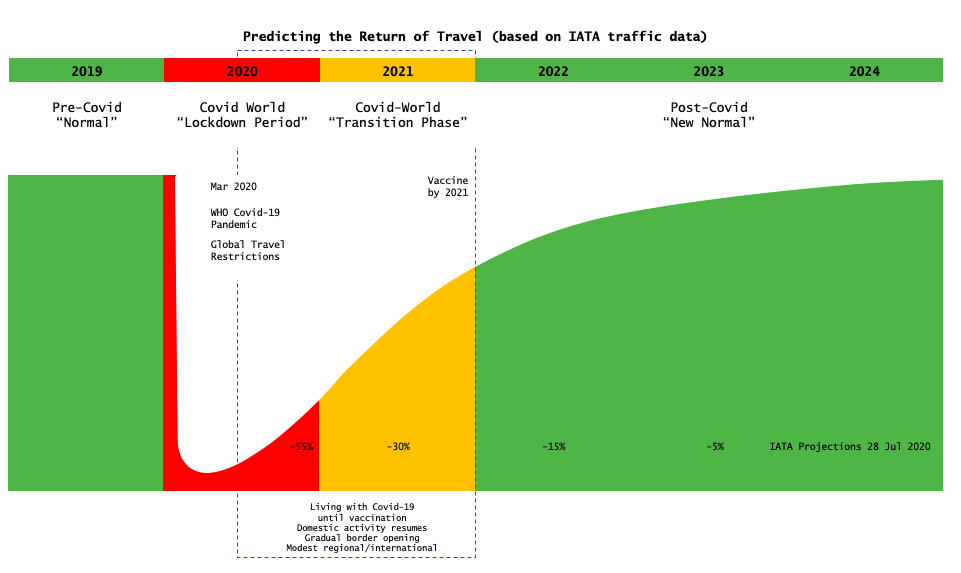 When growing numbers of visitors are driven further into traditional residential areas thanks to accommodation sharing vehicles like Airbnb, it can result in increasing pressure and even community backlash.
When growing numbers of visitors are driven further into traditional residential areas thanks to accommodation sharing vehicles like Airbnb, it can result in increasing pressure and even community backlash.
So it’s time to step back and critically reassess the kinds of returns generated for a destination by various visitors.
Let’s face it: all visitors to a destination are not equal – and the sooner we come to grips with that reality the easier it becomes to make intelligent decisions about which groups are most worth accepting and, in fact, pursuing.
By almost all measures, the benefits and legacies derived from participants in meetings, conventions and exhibitions far outweigh those of the average leisure visitor for the following reasons:
• Conferences are invariably related to professional, academic or economic advancement, some of which rub off on the host community. A major medical event leaves a legacy of awareness, new techniques and specialised knowledge accessible to local practitioners; a business event offers an opportunity for profiling the destination and its investment opportunities and attracting new talent. In every case there is a residual benefit that goes far beyond what might be expected from someone just there to take in the sights.
• Even the most basic measure – the spending-based economic impact derived from a visitor – weighs heavily in favour of the delegate. The average daily spend by an event participant generally far exceeds that of a leisure visitor, and not just because of the demographics: such a visitor is far more likely to be financially supported to attend and thus able to afford higher level accommodation as well as devote more to personal spending. But it doesn’t end there. Each delegate also creates an additional requirement for organisers and an attraction for related groups like exhibitors, sponsors and supporters, all of whom bring incremental spending that is a direct consequence of that delegate attending in the first place.
• Delegates often represent an entirely new market opportunity and – if they like what they see – many return, perhaps with family in tow. The result is both immediate and potential future benefits from an audience who would otherwise have been hard to reach.
• Finally, delegates are far more likely to stay in areas associated with commercial accommodation than shared alternatives. Again, this is partly because these are people more likely to be supported in their expenses and they also need to be close to facilities where events are taking place – like a convention centre or hotel. The venues are most likely to be in commercial or visitor areas designed to manage groups with a minimum of disruption.
These incremental benefits do not have to come at the expense of more typical visitor spending – event participants are every bit as likely to engage in other leisure activities like restaurant dining, shopping and visiting attractions. They also do so as a result of activities linked to the event that expose the destination.
What we do in the meetings industry serves the broadest range of community interests; it’s why our audiences should be seen as the highest priorities for visitor-related investment.
Rod Cameron is executive director of the International Association of Convention Centres


